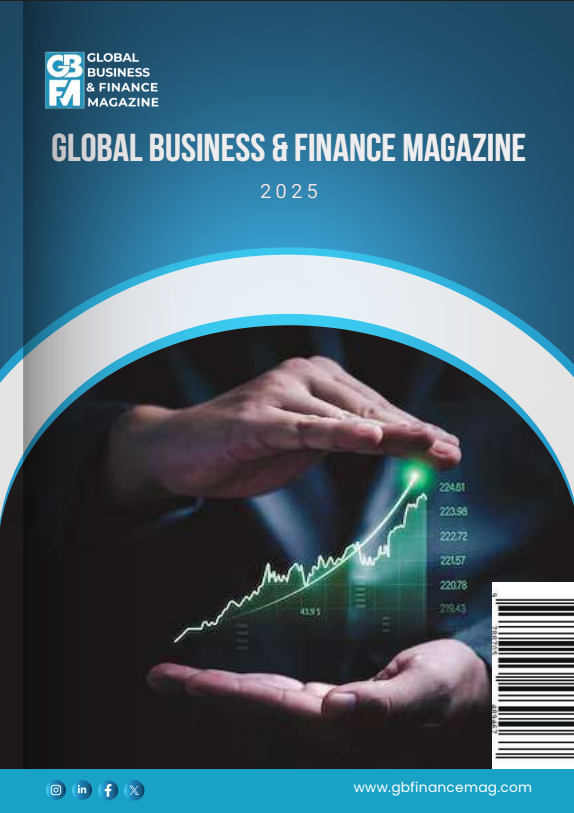Carbon price uncertainty
In an attempt to encourage firms to decarbonise their activities, many countries have started to impose a price on carbon emissions. However, carbon price uncertainty is likely discouraging investment in decarbonisation. This column presents a market-based, high-frequency measure of carbon price uncertainty in the EU Emissions Trading System to help quantify this effect. The authors […]












